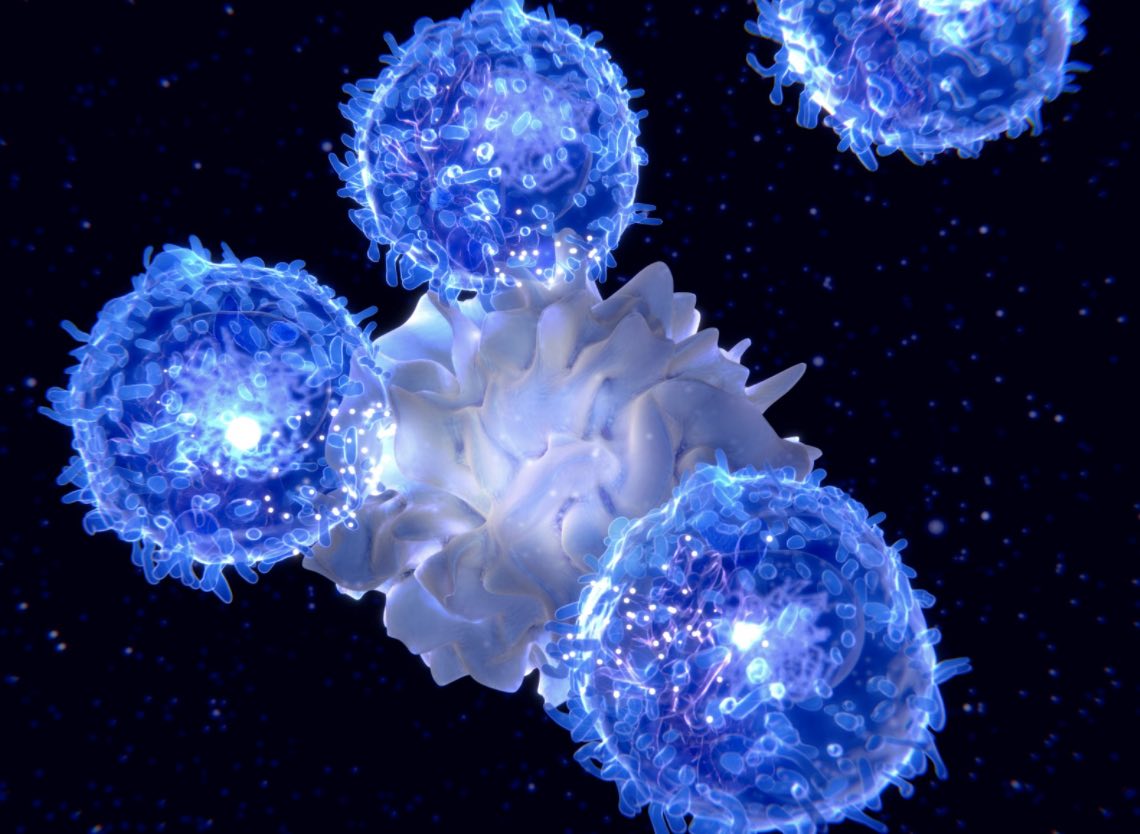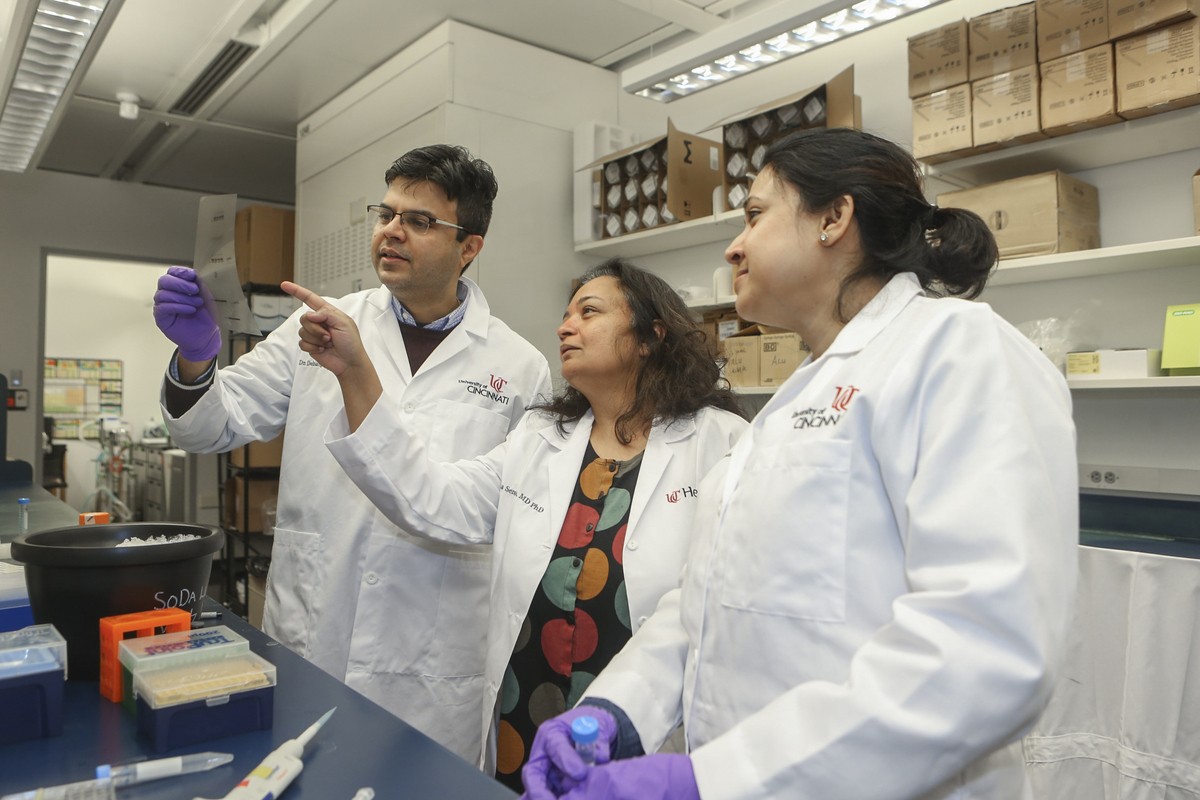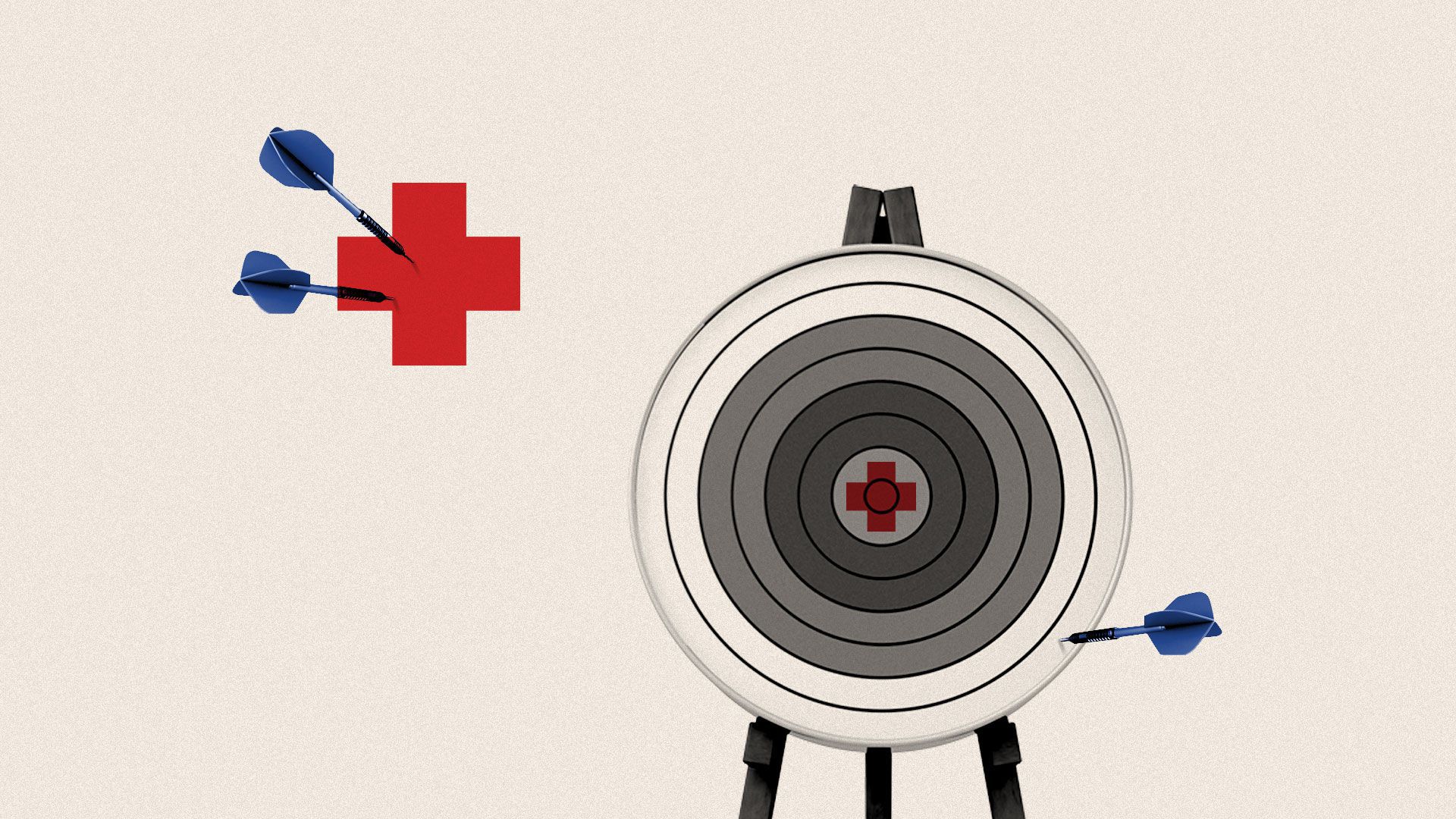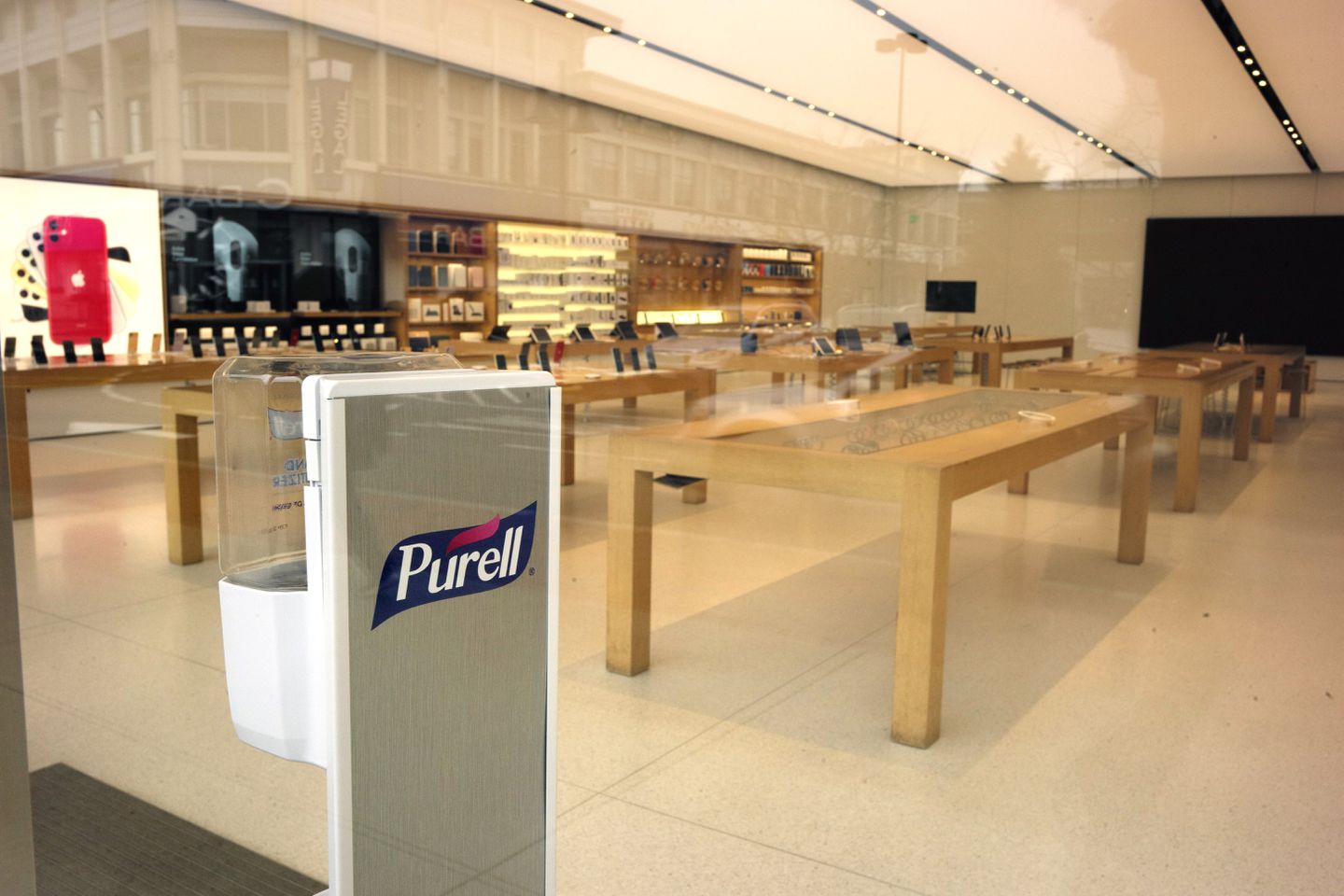Director of the Vaccine and Immunotherapy Center (VIC) at Massachusetts General Hospital, Dr. Mark Poznansky, joins Dr. Marc Siegel on Sirius XM Doctor Radio and discusses the latest information on vaccine development, current therapeutics, Long COVID, individual responsibility in preventing the spread of COVID, and the United States’ ability to tackle the next pandemic.
Novel drug combination may boost chemoimmunotherapy response in bladder cancer patients
A proof-of-concept study suggests that the combination of anti-inflammatory medication and chemotherapy drugs can boost immune response to suppress bladder tumor growth. Led by Cedars-Sinai Cancer investigators, the study focused on tackling the immune-dampening effect of chemotherapy drugs. Research uncovered the underlying mechanism that results in chemotherapy treatment failure, the release of prostaglandin E2. This bioactive lipid is associated with inflammation and inhibits dendritic maturation. A preceding factor for cells to fight cancer. In addition, early investigation revealed potential in combining celecoxib, an anti-inflammatory medication, and chemotherapy drugs as improved immune response was observed in treated mice models. Researchers look to test the efficacy of the potential treatment in human trials for bladder cancer patients.
Two-pronged immunotherapy treatment tested for effectiveness against glioblastomas
Recent clinical trials at the University of Cincinnati are examining the effectiveness of a two-pronged immunotherapy procedure to treat glioblastomas, aggressive brain tumors. Current treatment involves the combination of surgery, radiation, and chemotherapy, as to ensure microscopic particles of cancerous tissue do not survive. But despite continued advancements over the past decade, patients with glioblastomas remain uncured. Current clinical trials utilize a two-pronged approach, administering a combination of two immunotherapy drugs in tandem, that target different immune checkpoint proteins to activate immune cells. Previous single immunotherapy treatment observed failure led to the two-pronged approach in current trials.
After Crowded Memorial Day Celebrations, Mass. General Vaccine Chief Warns Coronavirus Is Still ‘Highly Infectious and Transmissible’
From a crowded pool party at Lake of the Ozarks in Missouri to a street party in Daytona Beach, Florida, Memorial Day festivities brought hundreds close together in several U.S. cities Monday — largely without masks or other such precautions.
But while behaviors related to the pandemic have changed in recent days, the director of the Vaccine and Immunotherapy Center at Massachusetts General Hospital said the coronavirus itself is still very much the same.
“The virus is what it was previously: highly infectious and transmissible from one person to others over short distance,” Dr. Mark Poznansky told Jim Braude on WGBH News’ Greater Boston Tuesday.
“The coronavirus is a moving target” – article on the Axios.com news platform
Mark Poznansky was interviewed by Alison Snyder of Axios and this article includes a number of his thoughts on how the virus is evolving and how vaccines must be able to react to these changes.
The Coronavirus Economic Recovery Must Begin Now
Opinion piece by Mark C. Poznansky, MD, PhD in the Boston Globe on measures required for the economic recovery from the coronavirus.
“Right now, the overwhelming emphasis to combat the COVID-19 pandemic is appropriately placed on testing for the virus, protecting those who are most susceptible, treating the sick, and flattening the pandemic peak. Tremendous leadership, innovation, and dedication to containing the disease across each of these areas continues to evolve.”







